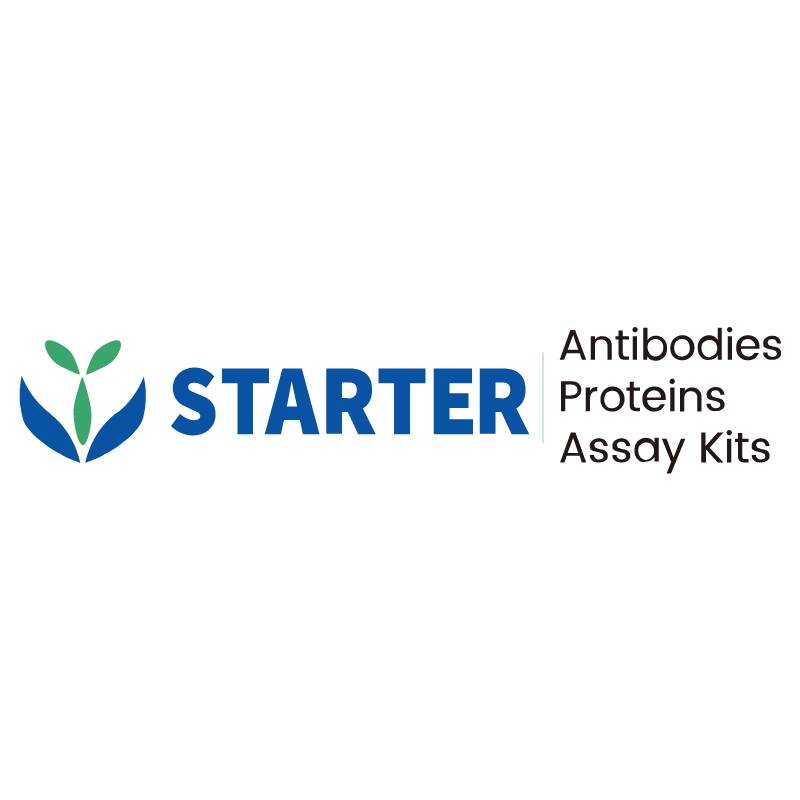Mouse splenocytes treated with 10μg/ml LPS for 4h (Right panel) or untreated (Left panel) labelling SDT FITC Rat Anti-Mouse CD83 Antibody at 0.5 μg/test. Flow cytometry and data analysis were performed using BD FACSymphony™ A1 and FlowJo™ software.
Product Details
Product Details
Product Specification
| Host | Rat |
| Antigen | CD83 |
| Synonyms | CD83 antigen; mCD83 |
| Location | Cell membrane |
| Accession | O88324 |
| Clone Number | S-R522 |
| Antibody Type | Rat mAb |
| Isotype | IgG1,k |
| Application | FCM |
| Reactivity | Ms |
| Positive Sample | Mouse splenocytes treated with LPS |
| Purification | Protein G |
| Concentration | 0.1 mg/ml |
| Conjugation | FITC |
| Physical Appearance | Liquid |
| Storage Buffer | PBS, 25% Glycerol, 1% BSA, 0.3% Proclin 300 |
| Stability & Storage | 12 months from date of receipt / reconstitution, 2 to 8 °C as supplied. |
Dilution
| application | dilution | species |
| FCM | 5 μl per million cells in 100μl volume | Ms |
Background
CD83 is a member of the immunoglobulin superfamily, expressed in both membrane-bound and soluble forms. It is most highly and stably expressed by mature dendritic cells (DCs), playing a critical role in their maturation, activation, and homeostasis. CD83 is not a typical co-stimulatory molecule but rather a key factor in controlling and resolving immune responses. It is essential during the differentiation of T and B lymphocytes and the development and maintenance of tolerance. The membrane-bound form of CD83 (mCD83) is found on various activated immune cells, while soluble CD83 (sCD83) is elevated in the serum of patients with autoimmune diseases and some hematological malignancies, exhibiting immune suppressive functions. CD83's interaction partners and signaling pathways remain not fully understood, but it is emerging as a promising immune modulator with therapeutic potential in conditions such as autoimmune disease, graft-vs.-host disease, transplantation, and hematological malignancies.
Picture
Picture
FC


